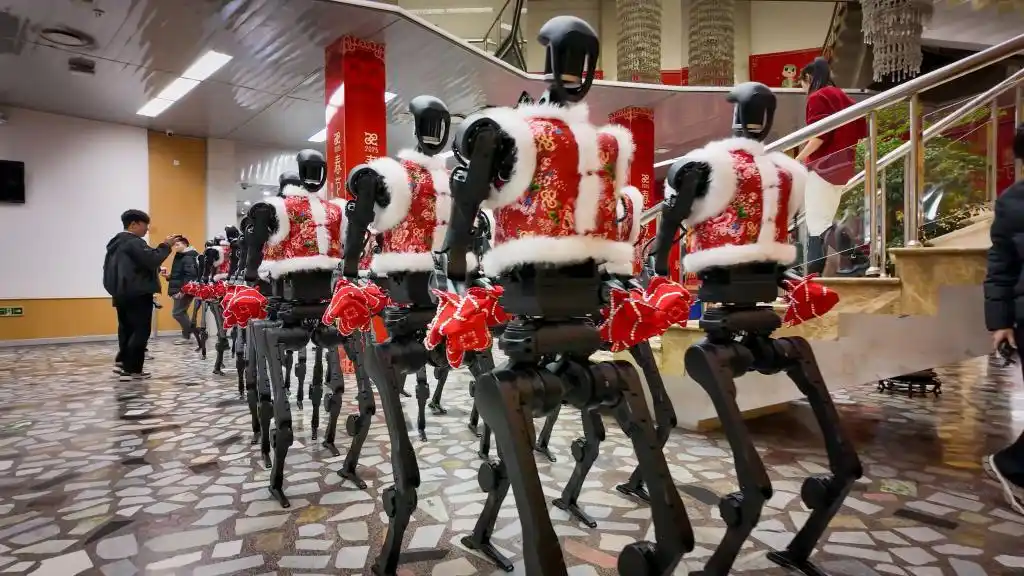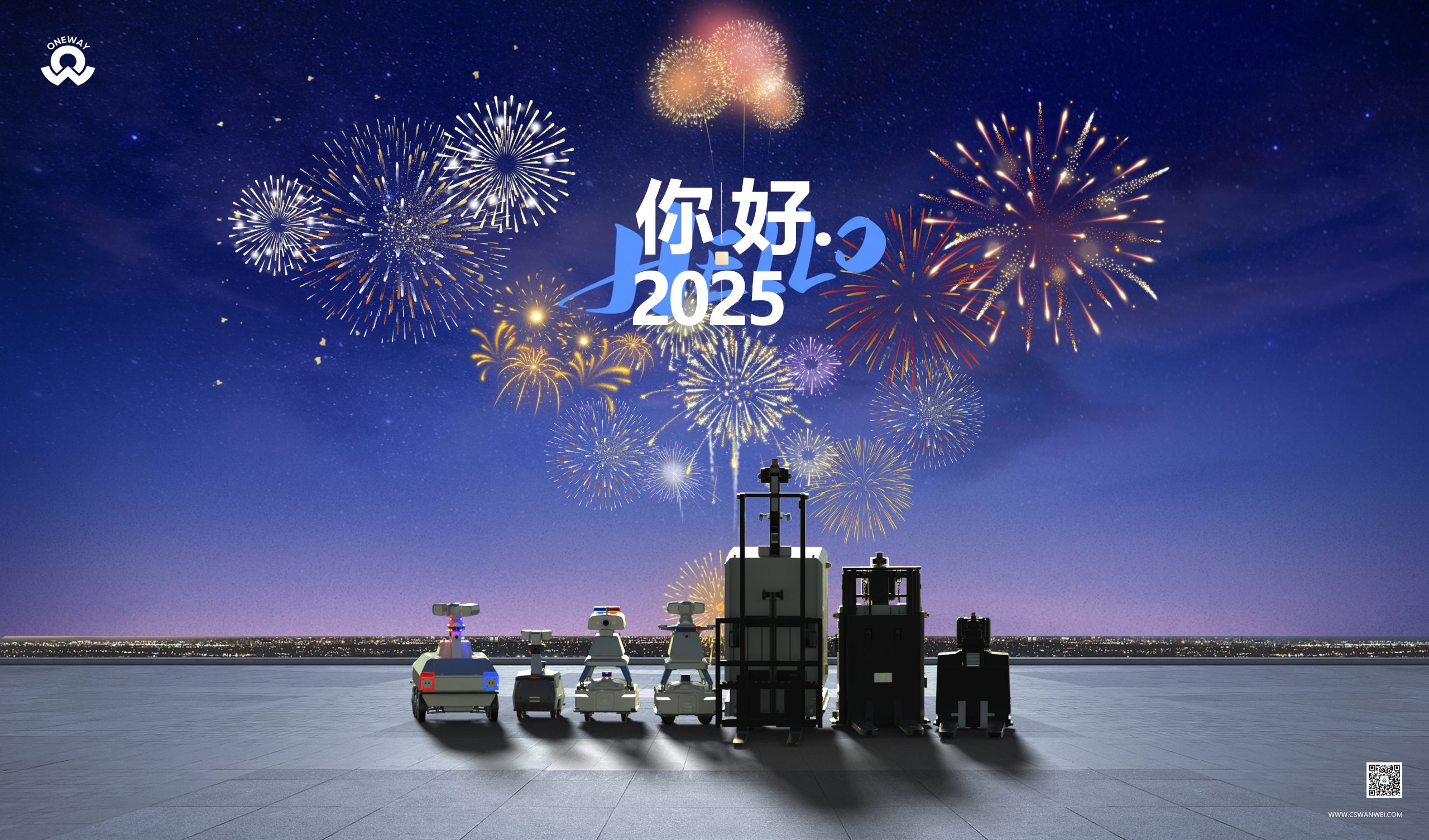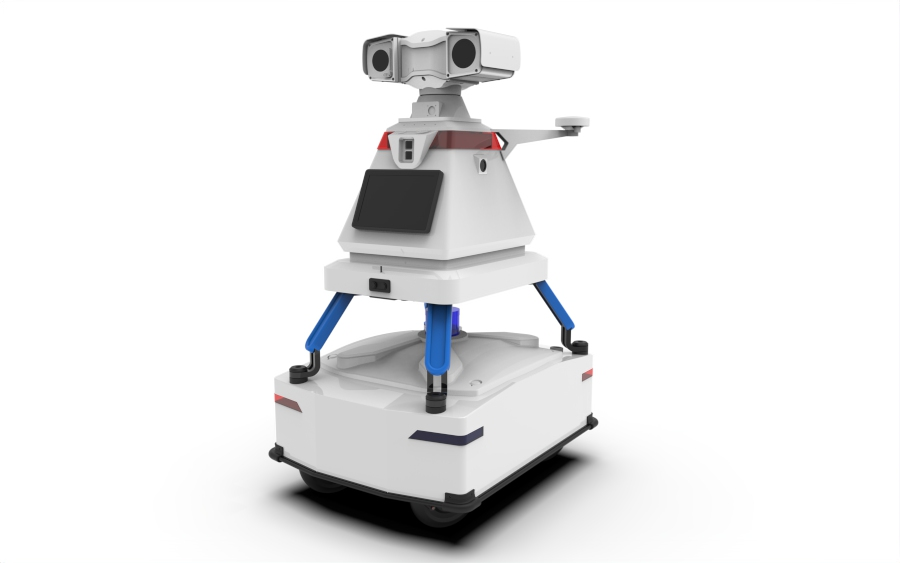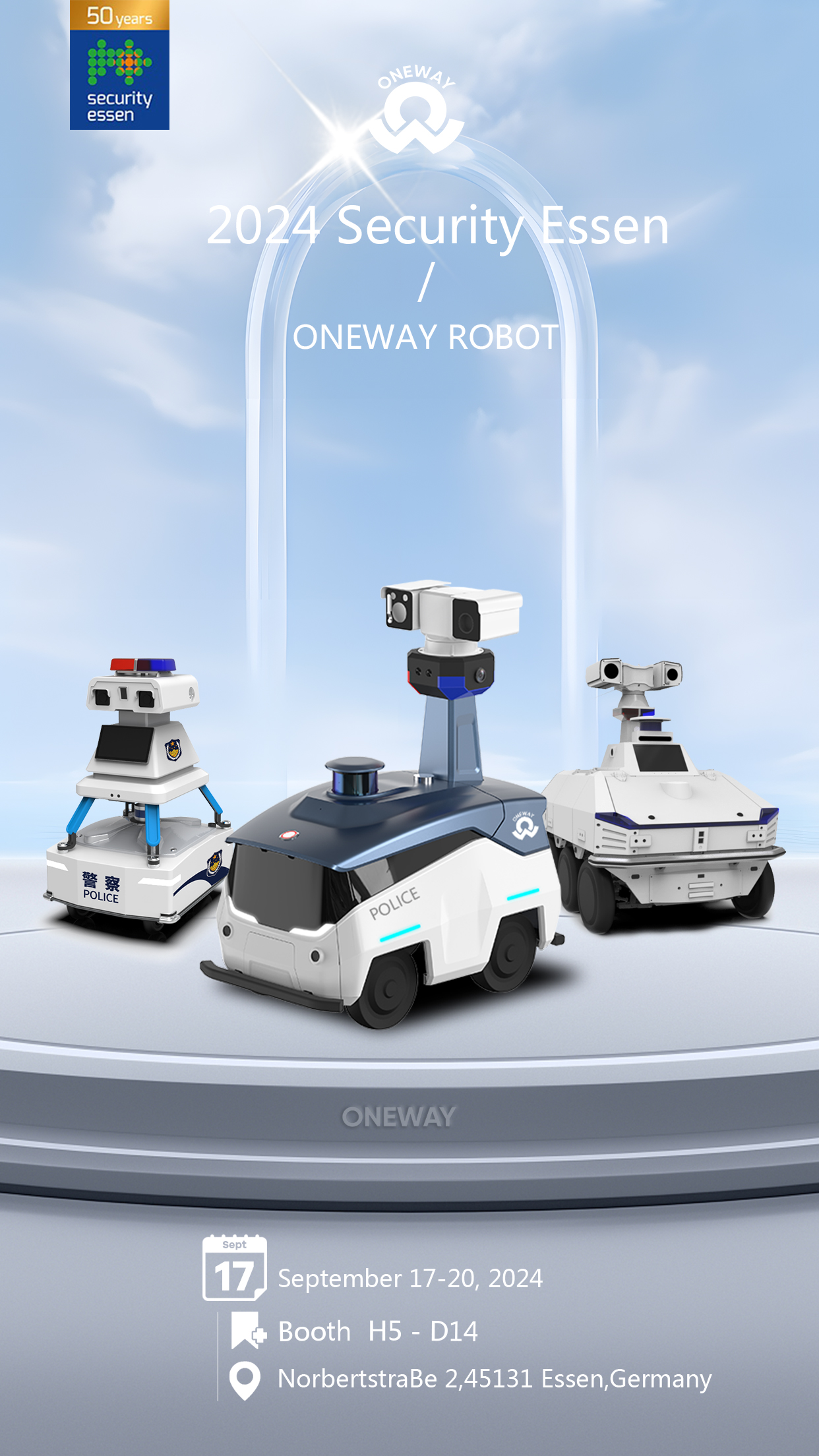In today’s rapidly advancing technological landscape, robots and artificial intelligence (AI) are transforming many aspects of our lives and work. Security robots, as an emerging technology, are increasingly being deployed in various settings, including airports, shopping malls, factories, and public transportation systems. This raises an important question: will security robots replace human jobs in the future?
Advantages of Security Robots
First and foremost, security robots excel in performing repetitive, monotonous, or dangerous tasks. They can operate 24/7 without fatigue or emotional influences, which enhances the efficiency and consistency of security operations. For example, security robots can patrol during the night, detect anomalies, and alert authorities in real-time, reducing the risks faced by human security personnel in harsh environments.
Additionally, security robots are equipped with advanced sensors and cameras that allow them to monitor and analyze their surroundings in real-time. Combined with AI technology, they can identify threats that might be undetectable to humans and respond swiftly. This technological capability enables security robots to provide a higher level of safety in certain scenarios than human security officers alone.
The Irreplaceability of Humans
Despite the technological advantages of security robots, the role of humans in security work remains irreplaceable. Humans possess complex judgment and adaptability, allowing them to handle emergencies and make flexible decisions. Robots, however, still face limitations in unstructured environments and complex decision-making processes.
Moreover, security work is not only about monitoring and patrolling but also involves interacting with people, managing conflicts, and building trust. These tasks require emotional intelligence and social skills, which current robotic technology cannot fully replicate.
Future Trends
In the future, security robots and humans are more likely to form a complementary relationship rather than a replacement dynamic. Robots can take on more basic and repetitive tasks, allowing human security personnel to focus on more complex and interpersonal duties. Additionally, by collecting and analyzing data, robots can provide decision support to humans, helping to enhance overall security levels.
In conclusion, as technology continues to advance, the application of security robots will become more widespread. However, guided by human wisdom, judgment, and emotions, they will serve as vital tools to augment human capabilities rather than replace human jobs.







